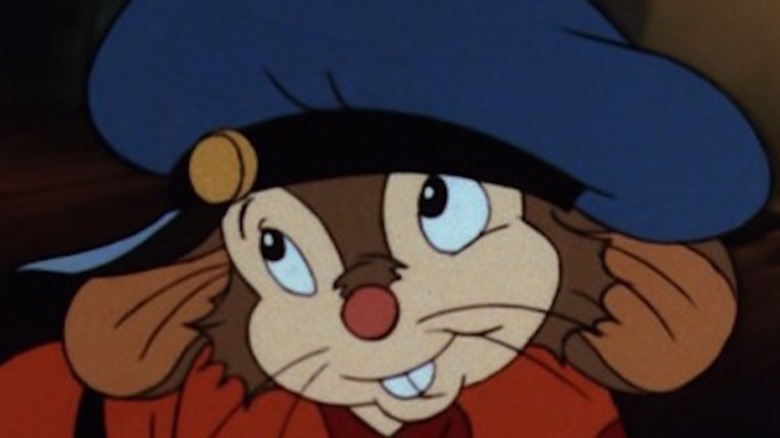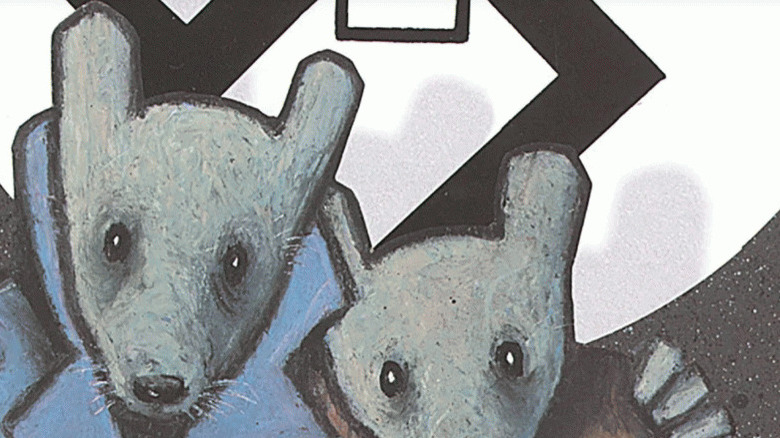Why Steven Spielberg's An American Tail Was Accused Of Plagiarism
"An American Tail" is not only one of the highest-grossing animated films of all time, but it also serves as Steven Spielberg's entry into the world of animation. After the success of "An American Tail" and director Don Bluth's follow-up "The Land Before Time", Spielberg decided to go all-in on animation — founding the short-lived Amblimation studio and producing hit cartoons including "Tiny Toon Adventures" and "Animaniacs".
But "American Tail's" success nearly led to a lawsuit from the creator of another mouse-centered tail.
Prior to "An American Tail's" release, Art Spiegelman was hard at work crafting his graphic novel masterpiece "Maus." Upon reading the description of "An American Tail," Spiegelman raced to complete "Maus" — he even admitted to Entertainment Weekly during an interview for "Maus II" that the similarities caused him to think Spielberg was ripping him off, stating: "I panicked." Spiegelman was able to complete "Maus" in 1991, mere months before "An American Tail" was released.
Of Mice, Men, and Potential Copyright Infringement
Admittedly, "Maus" and "An American Tail" do have a few things in common. Both feature a family of mice attempting to escape a cruel regime of cats, and both mice families have Jewish surnames. However, there are clear differences: "An American Tail" serves as a metaphor for Jewish immigration to the United States while "Maus" deals with the horrors of the Holocaust by using mice and cats as a metaphor for Jews and Nazis, respectively.
And this is hardly the first time that stories with similar premises have made their debut at the same time: both "White House Down" and "Olympus Has Fallen" debuted in 2013 and centered around a hypothetical attack on the White House while fanboy wars erupted over "Batman V Superman: Dawn of Justice" and "Captain America: Civil War" pitting their protagonists against each other.
Spiegelman has even seemed to concede this fact; he more or less admitted in the interview that the reason he didn't sue Spielberg was that it "would be very hard to prove without a smoking gun." Spielberg, for his part, hasn't spoken on the matter. "Maus" and "An American Tail" are considerably different, story-wise, but you can certainly see where Spiegelman was coming from here.

